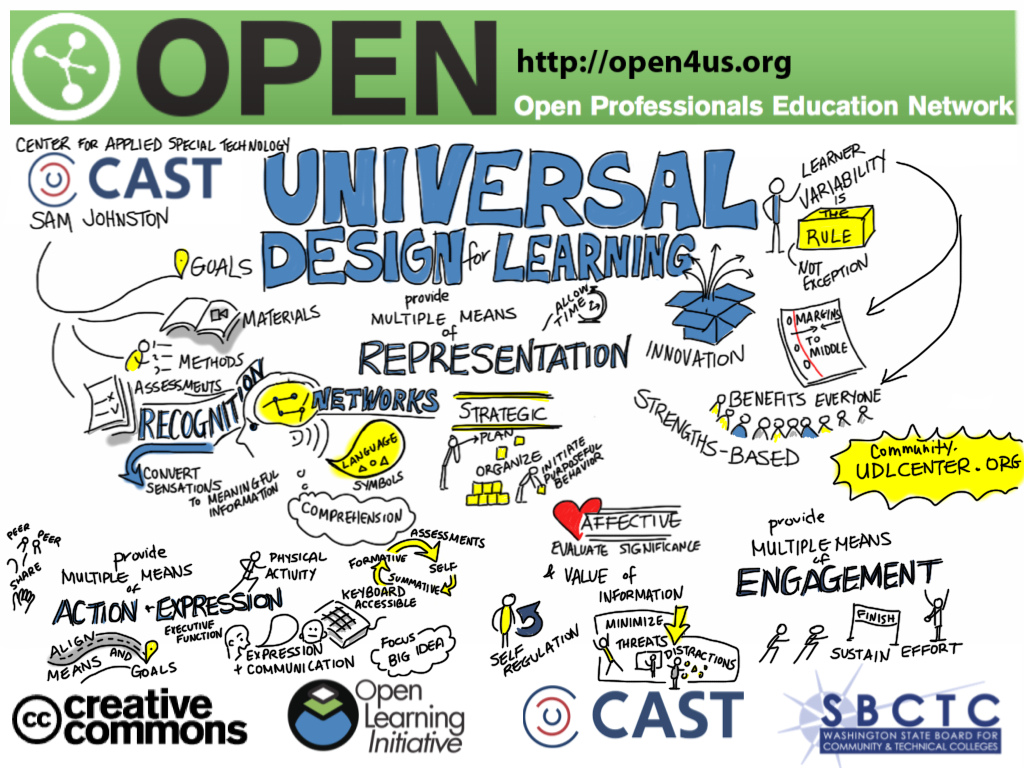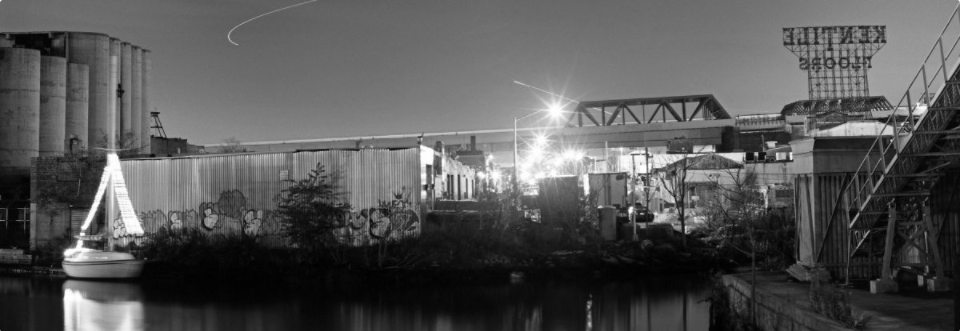
On January 22, we released version 1.7.17 of the OpenLab. It included updates for WordPress and BuddyPress, the software that powers the OpenLab, and all themes and plugins. The release also included a few bug fixes, and the introduction of three significant new features.
New Features
We’re very excited to introduce project cloning in this release, which was previously only available for courses. Any project admin can now clone a project, which will an exact copy, keeping all content created or uploaded by the admin, while no content created by non-admins will be copied over. The project avatar, settings, and site settings will all remain the same, although admins can adjust anything as necessary.
Another major change to functionality is the loosening of the relationship between member roles on a Course, Project, or Club Profile and the Site. Previously, changing a member’s role on the Site Dashboard would always be overridden by the member role in the Profile settings. This is no longer the case. You can now change member roles by going to your Site Dashboard > Users, and change anyone’s role. This allows for usage of the wider range of roles available on the Site, such as Editor or Subscriber. Roles will only resync to match the Profile if that member is either promoted or demoted on the Profile, or if they leave the Course, Project, or Club.
As many of our members have probably noticed, we introduced HTML email. You can now read email notifications in a more attractive format. Please be aware, however, that as with previous plain text emails, you still can’t reply by email. So, as before, please log into the OpenLab to respond to messages, update Discussion Forum threads, and reply to Site comments.
We made a small change to the functionality of the “Email all members” feature, where admins can send a message to all members of a Course, Project, or Club. We improved this functionality so that instead of the sender appearing as “City Tech OpenLab,” it appears instead as the sender’s name.
New Themes and Plugins
We added two new themes – Twenty Seventeen and Gillian. These are both responsive (meaning they display well on mobile) and accessible. We also retired a number of themes that are not responsive or accessible, including Coraline, Filtered, Hero, Pilcrow, Sliding Door, Twenty Ten, Twenty Eleven, and Twenty Fourteen. If you have any of these themes activated on an existing site, the theme will remain active. However, they’ll no longer be listed in the themes available for activation on new sites. Or, if you deactivate one of these themes on an existing site, you won’t be able to reactivate the theme.
We also added one new plugin, WP Accessibility. This plugin makes a number of improvements to the accessibility of all OpenLab sites. You can read more about it on our WP Accessibility page in Help, or on the WordPress.org WP Accessibility plugin page. On the OpenLab, the main function will be ensuring that everyone remembers to add alt text to images. It will also remove the target attribute from links, which makes them open in a new tab, and is not a good practice for both accessibility and usability. In addition, it will remove title attributes for images and tag clouds, which will improve accessibility for people using screen readers.
For more information about accessibility on the OpenLab, please read our Help posts on Making your Work Accessible and Summary of Accessibility on the OpenLab.
Bug Fixes
We fixed an issue with the WP Grade Comments plugin causing the show/hide link to disappear for private comments. This didn’t affect privacy — private comments have always only been visible to the site admin(s) and the student receiving the grade — but the show/hide (“spoiler”) link was missing. It now appears as it should.
There was a small bug which caused help documents to print out with some blank pages for Firefox users. This has now been fixed.
As always, please contact us with any questions!
Image Source: Denis Colette
 This week we’re spotlighting the Winter Python Workshop 2018 project site. Created by mathematics professor Johann Thiel, this project site was developed to support a four-day workshop that covered the basics of python and explored some applications of the popular programming language in mathematics, biology, statistics and more.
This week we’re spotlighting the Winter Python Workshop 2018 project site. Created by mathematics professor Johann Thiel, this project site was developed to support a four-day workshop that covered the basics of python and explored some applications of the popular programming language in mathematics, biology, statistics and more. 

 This week we’re spotlighting
This week we’re spotlighting 








